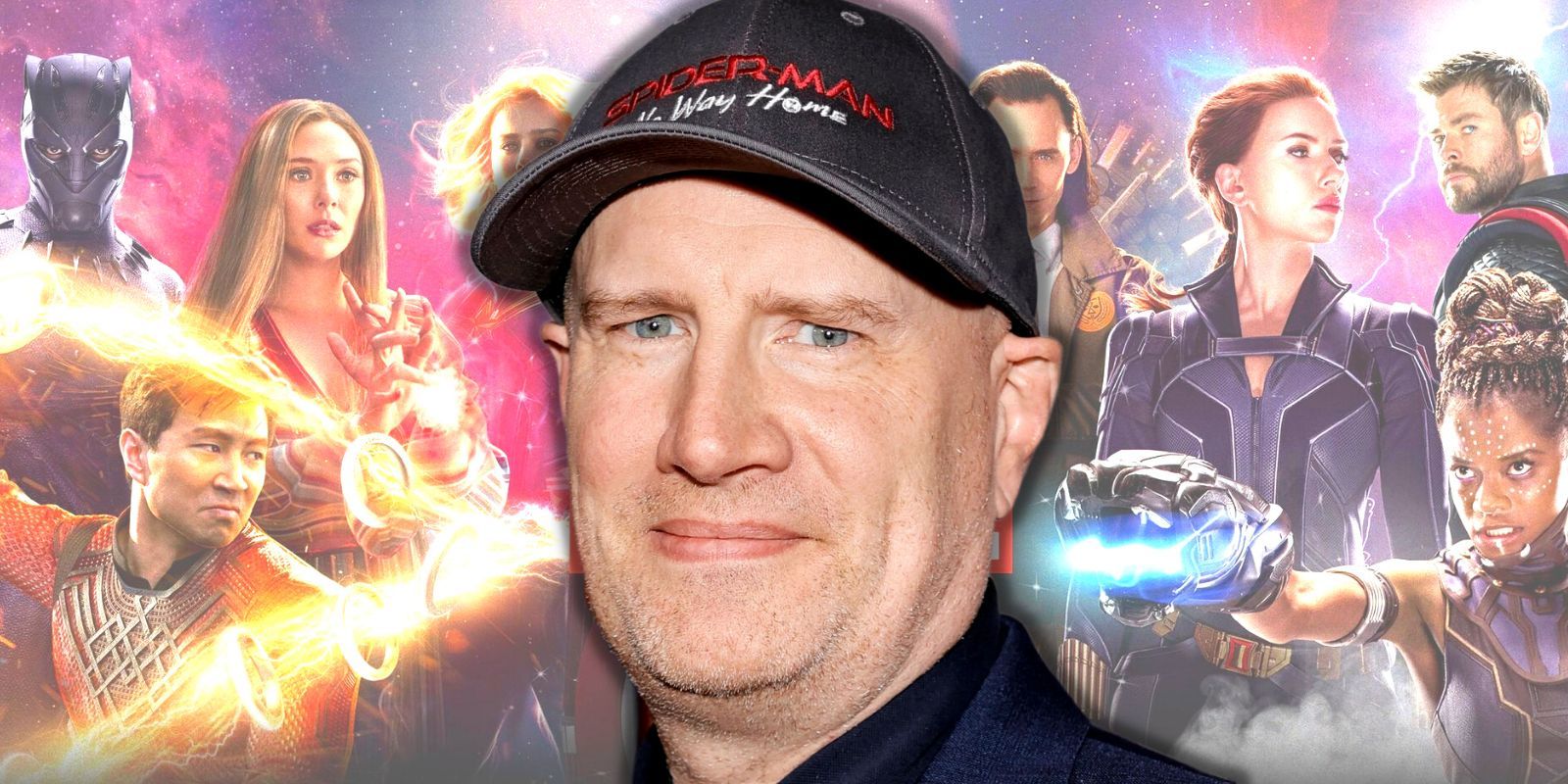Marvel Studios president Kevin Feige addressed the ever-expanding scope of the Marvel Cinematic Universe, pointing out that it was necessary to release a wide variety of films and television shows while noting that not everything would necessarily appeal to everyone.
"If there's a Marvel Studios method -- like there was a Marvel method in publishing -- it's trying to do both," Feige told Entertainment Weekly when asked about balancing ongoing MCU story threads with capturing new audiences. "I've talked about this for years: If you want to dip in and out and just go to the movies on a Friday night or watch a streaming series, you can do that. And if you want to follow along, there's certainly much more to be discovered. But we don't ever want it to seem exclusive or that you need to have done your homework before watching something. Now, I've also realized that a lot of people like to do the homework. A lot of people find the fun in the homework and the continuity and the connectivity. But it is a balance of always trying to do both."
Feige went on to use She-Hulk as an example, pointing to its legal comedy inspiration under head writer Jessica Gao. The final result was vastly different from other Marvel projects, the executive said, but that was an intentional choice that not only furthered the story of the MCU's Hulk, but introduced his cousin Jennifer Walters to an entirely new audience at the same time.
What Was The Marvel Method?
"It's like when people go to the comic shops," Feige continued. "There's Spider-Man and the Avengers and the big title ones. And sometimes you pick up a one-off or an experiment from an artist or writer that you're a fan of. That's why the comics have been around for 80-plus years, and I want Marvel Studios to be around that long, if not longer. So, we have to continue to do different types of things. Does everything have to appeal to everybody? It would be nice. But I think that's impossible. And if you try to do that, you're going to find yourself in such a small funnel and pipeline that things will get similar and boring and atrophy very, very quickly."
Feige's talk of the "Marvel method" refers to an outline technique popularized by Stan Lee, who sketched out the major plot points of a story before passing it to his artists. The artists would draw a finished layout and return it to Lee, who proceeded to write dialogue in the word balloons. As opposed to writers penning a fully detailed script, the "Marvel method" gained popularity for promoting the strength of artists and leaning into the collaborative nature of comic books.
Despite Feige's explanation of the MCU using its own take on the Marvel method, the studio has been criticized for constraining director visions in favor of preserving shared universe connectivity, with Edgar Wright's unrealized Ant-Man film serving as the most notorious example. Ant-Man and the Wasp: Quantumania, the latest Marvel film, has also received early criticism for focusing more on establishing the MCU's future than telling a standalone story.
Source: Entertainment Weekly

